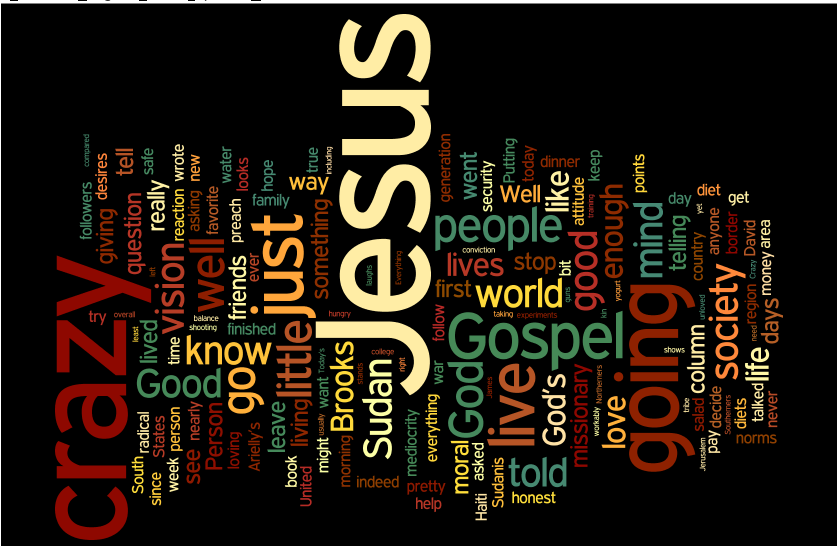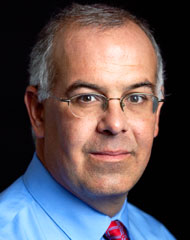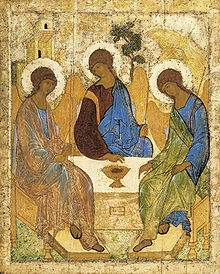1 Samuel 17:(1s, 4-11, 19-23), 32-49
Not too long ago, I was asked a very serious question by a group of people:
When you are meeting and working with leaders, this group asked, what is it that frustrates you most?
I didn’t have to think long to come up with my answer:
I get frustrated, I replied, when people tell me something is impossible.
And it’s true. Nothing frustrates me more than having someone tell me something is impossible simply because it will be hard … because it hasn’t been done before … because we’ve never done it that way … because there’s not enough money … because it’s a lost cause …
And the worst excuse of all: Because we are afraid …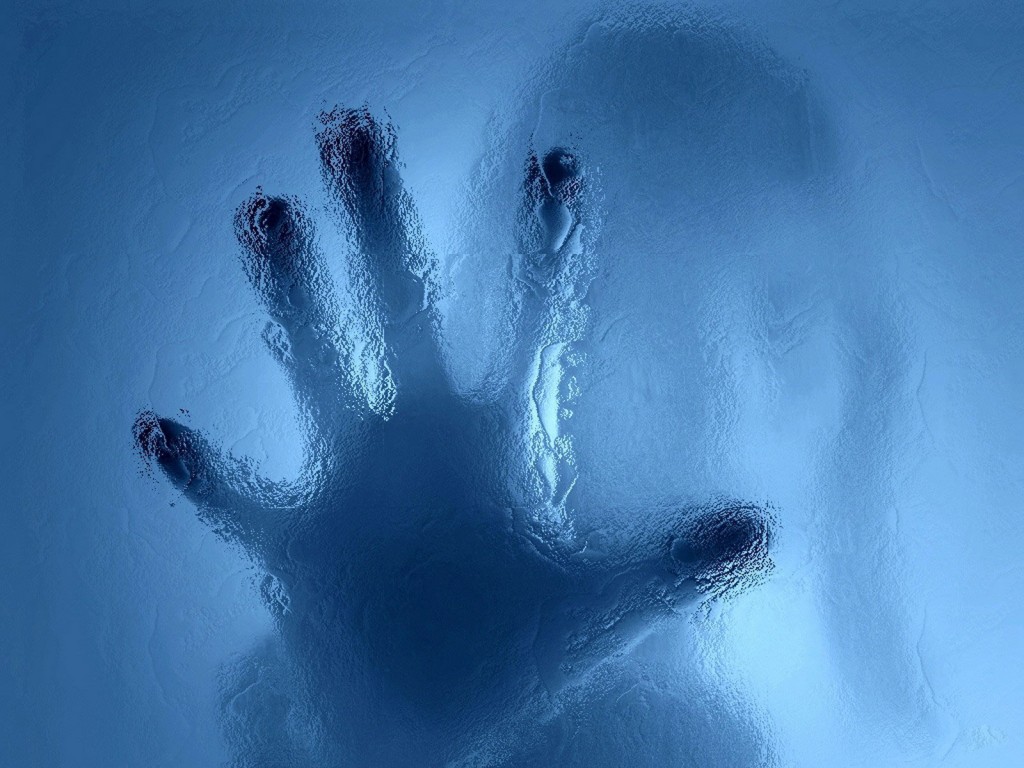
The Scriptures tell us that nothing is impossible with God, that God has made promises to us, and that God will always fulfill those promises.
And yet, far too often, we live our lives as though nothing is possible with God.
And quite frankly, I don’t get it.
I do not understand – and I am quite frustrated by – the belief that something is impossible.
Which leads me to wonder:
Why don’t we believe that all things are possible with God?
What are we afraid of?
That God might actually do what God has promised to do?
• • •
Look at the story of David and Goliath. We all know the gist of the story: Little David takes on giant Goliath, kills him with a slingshot and a stone, yay, Israel is saved.
And the moral of the story, so we are almost always told, is this: Never count out the little guy.
Well, that’s a nice moral, I grant you. But that is not what this story is about.
The story of David and Goliath is not about how the little guy always wins.
David and Goliath is a story of faith.
Of David’s faith.
And of our faith.
And I’m not just talking about our faith in God. I’m talking about our faith in the fact that God keeps God’s promises.
This story really boils down to one thing:
Do we believe that God can do all the things we say God can do?
Do we?
Or do we let our fears get in the way?
• • •
If we really want to understand this story, we need to learn a few things, first.
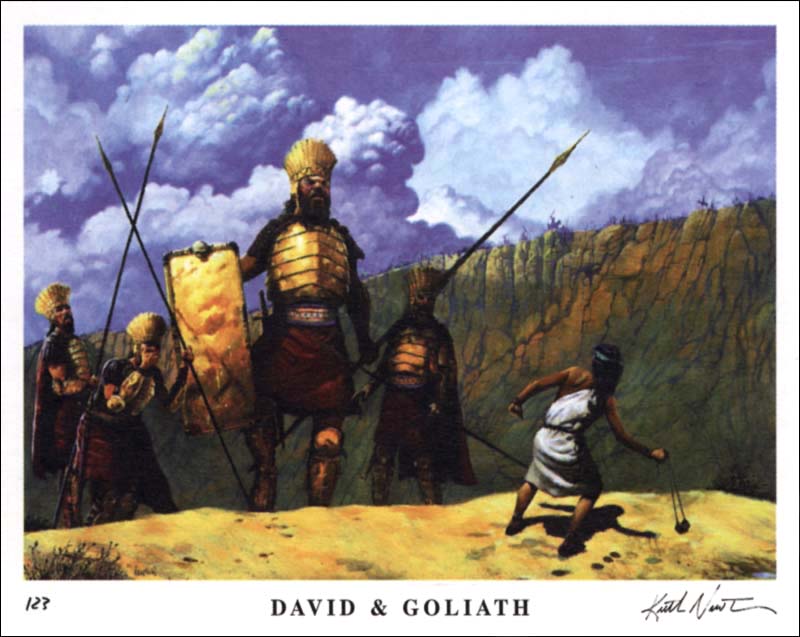 Goliath was a giant. He was a 9-foot-9-inch-tall descendant of the Nephilim, the giants who roamed the earth back in the days of Genesis.[1] He served the Philistines, who were in constant battle with the Israelites, and he was a terror.
Goliath was a giant. He was a 9-foot-9-inch-tall descendant of the Nephilim, the giants who roamed the earth back in the days of Genesis.[1] He served the Philistines, who were in constant battle with the Israelites, and he was a terror.
But that wasn’t why he was considered the bad guy in this story. He’s the bad guy here because he and his people did not believe in God. The Nephilim were the descendants of the rebellious sons of God – you can read all this in 1 Enoch.[2] The sons of God were angels who came down to earth, saw how beautiful the human women were, did that – well, that thing – and presto! The giants were born. Goliath was one of those giants, a big honking giant with a big honking spear that had a big honking head on it, wearing a big honking helmet and a big honking armor with a big honking shield.
This was the champion the Philistines sent out … in what was really a much more humane way of fighting a war. You line up your army on one side and I line up my army on my side, and we send out our champions to fight to death, and the if you win, we become your slaves. If I win, you become our slaves.
And for 40 days and 40 nights (have we heard that amount of time before?), he stepped out in front of the army of the Philistines and insulted the Israelites, who were so scared by Goliath’s size that they didn’t do a darned thing. They didn’t send out a champion. They didn’t attack the Philistine army. They didn’t retreat. They didn’t negotiate. They simply quaked in their boots.
Because they were afraid.
They were so afraid that t their big honking fear of big honking Goliath got in the way of their faith that God would fulfill God’s promises to them.
That is, until David showed up, David – who probably was afraid but wasn’t going to let his fear get in the way of God.
David, who was so young – ruddy and handsome, yes, but still just a boy – that he couldn’t wear the armor that Saul gave him.
So he went, picked up a stone, whipped his slingshot, smacked big, honking Goliath in the forehead, Goliath falls down and dies and (and we don’t get this part in the reading, but it’s there), David takes Goliath’s big, honking sword and cuts off Goliath’s head.
According to Walter Brueggemann, one of the greatest Old Testament scholars and prophets of the 20th and now into the 21st century, this battle was “a paradigm of bold faith in an arena of fear, threat and defiance.”[3]
And whaddya know?
Because David was able to overcome his big honking fear, God prevailed over evil. God kept God’s promises. God overcame death and destruction and slavery and unfaithfulness by being faithful to God’s promises to God’s people.
So the question for us is this:
What big, honking fears do we have that get in the way of God doing exactly what God has promised God will do?
What is it that we fear so much that we no longer believe God can do all the things even we say God can do?
We all have these fears, you know. It wasn’t just Saul and the Israelites.
We are just as afraid as they were.
And every time we let that fear control our lives, we get in God’s way and keep God’s will from being fulfilled.
We are the ones who proclaim, “Well, that’s impossible.”
Not because “that” – whatever “that” might be – really is impossible, but because we are afraid.
Because we are consumed by our fear.
And then indeed, whatever it is that God is trying to accomplish comes to a standstill, and all of us end up standing around the like Israelites, quaking in our boots and doing nothing.
• • •
Yesterday, at the Baccalaureate service for Stanford University’s graduation, Sister Joan Chittester told the students that if they wanted to be leaders – not followers quaking in their boots going along to get along, but leaders, they were going to have to rebel.
“Rebel, rebel, rebel – for all our sakes, rebel!”[4]
To be a leader, she said, you have to say no to the “lies” – the lies that paralyze us with big honking fear – the lies that the world tells us and that we allow to control us.
“The lie that there is nothing we can do about discrimination, nothing we can do about world poverty, nothing we can do about fair trade, nothing we can do to end war, nothing we can do to provide education and health care, housing and food, maternity care and just wages for everyone in the world. Nothing we can do about women raped, beaten, trafficked, silenced yet, still, now, everywhere.”[5]
We are afraid no only that we cannot change the world, but that God cannot change it either.
We let the big honking fears of our lives get in the way of God’s life for us – and in us – and with us – and through us.
Fear that we might …
Lose a job.
Lose a house.
Lose a life.
Fear that …
People might not like us.
People might shut us out.
People might think less of us.
Fear that …
The problem is just too big.
Or too complicated.
Let me tell you something:
The worst thing that will ever happen to us – the absolute worst thing – is that we will end up having breakfast with Jesus.
And since that’s what we are about to pray for in the Nicene Creed, I really don’t understand what we have to be afraid of!
So here’s what we have to do:
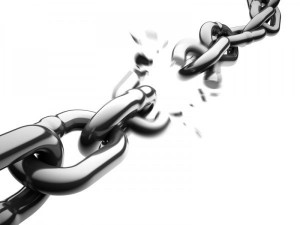 Let go of our big, honking fears, and get out of God’s way!
Let go of our big, honking fears, and get out of God’s way!
Or, as Sr. Chittester says, “Rebel!”
Because we do not have to be afraid.
Amen.
Sermon preached on the Fourth Sunday after Pentecost, Proper 7, Year B, at Grace Episcopal Church, Goochland, Va., on 24 June 2012.
[1] Commentary on Goliath comes from Samuel Giere, Professor Homiletics, Wartburg Seminary, Dubuque, Iowa, “Commentary on Alternate 1st Reading,” http://www.workingpreacher.org/preaching.aspx?tab=2&alt=1
[2] Ibid.
[3] Brueggemann, Walter. “First and Second Samuel.” Interpretation. James Luther Mays, et al. editors. (Louisville, John Knox Press, 1990). (pp. 1-7 and 127-134). Via http://www.kirkofkildaire.org/quest/FQlessons/D&GLeaderStudy.html
[4] Sr. Joan Chittester, Baccalaureate speech, Stanford University, 23 June 2012, http://news.stanford.edu/news/2012/june/baccalaureate-text-chittister-061612.html
[5] Ibid.





